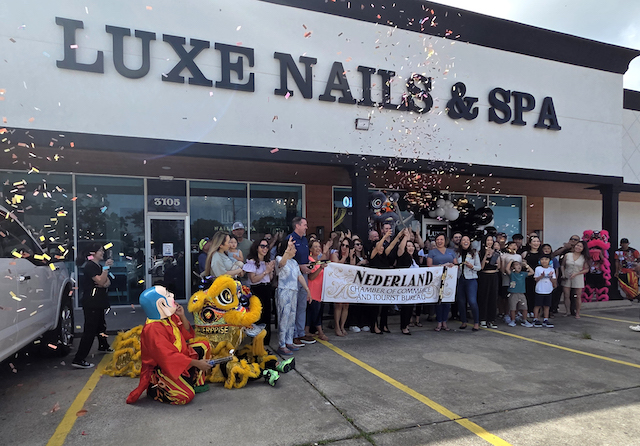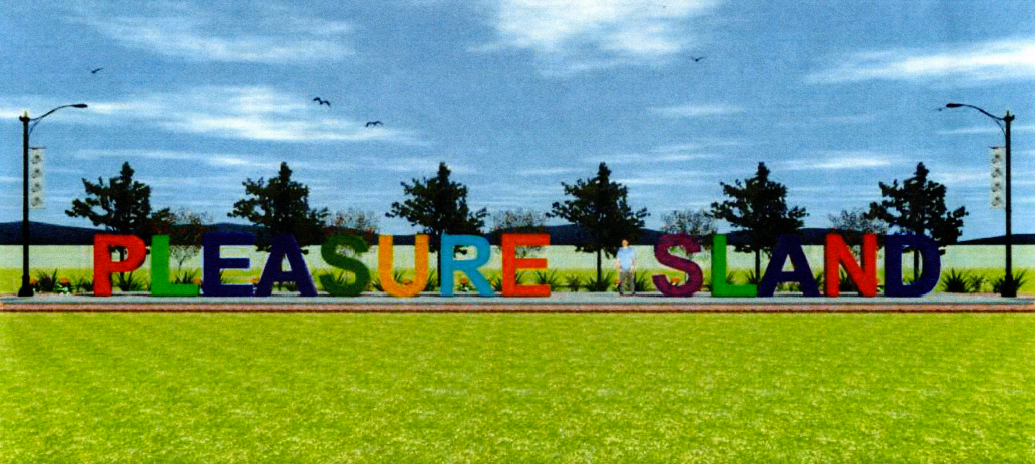EDITORIAL: LNG: Emerging industry bolsters others’ freedom
Published 12:06 am Tuesday, June 18, 2019
Andrzej Duda’s visit to Cheniere Sabine Pass Terminal across Sabine Lake on Friday shows the beneficial impact this corner of the Gulf of Mexico bestows on the state, nation and world.
Poland and other Eastern European countries are boldly telling the world it no longer wants to be Russia’s potential hostage when it comes to energy supplies. The Russians’ brazen military attacks on Ukraine staring in 2014 — it still largely holds that country in its iron grip — show what extent the Russians will go to impose their will on their neighbors.
Enter the emerging liquefied natural gas industry in and around the Sabine Neches and Calcasieu ship channels. More than a year ago, Michal Kurtyka, undersecretary of state for Poland’s Ministry of Energy, visited the International Seafarers’ Center in Port Arthur to establish that the Polish government and various entities in and around Port Arthur should continue dialogue concerning LNG.
Trending
On the surface, the conversation was pleasant and talk included “exchanging best practices.” But in response to questions then, Kurtyka showed his country appreciated the potential of becoming an LNG “hub” for Eastern and “landlocked” Europe and the seriousness of conducting such business to Russia’s disadvantage. Ukraine’s situation — it had previously been an LNG exporter to Europe — proved the stakes are high.
Kurtyka said in Port Arthur last spring that LNG represented about 5 percent of Polish energy resources, but would move quickly to 10-20 percent. But Poland, capable of importing LNG on the Baltic Sea, holds the potential to become an energy distributor to neighbors like Slovakia and the Czech Republic — or even to Ukraine.
Poland built its import site after a Russian-Ukraine standoff in 2009 shut down gas sales in Eastern Europe for three weeks. As for guaranteed supplies of energy, Poland in the past year has contracted to buy some $25 billion in LNG from companies here.
Poland is signaling it doesn’t intend to renew its contracts with Russian natural gas producers, who supply about two-thirds of what the Poles use now. With LNG from such sources as the U.S., Quatar and Norway, the Poles intend to be competitors to Russia. That takes courage, given Russia’s capacity for abusing its neighbors.
U.S. Energy Secretary and former Texas governor Rick Perry referred to the U.S. energy suppliers last week as “a force for good.” He’s surely right.
Duda, more cautious in his comments, leads a country that has signed agreements to buy LNG from Cheniere, Venture Global LNG in Cameron Parish, Louisiana and from Sempra, which recently opened an LNG export plant in Cheniere and is progressing toward building Port Arthur LNG near Sabine Pass.
Trending
What’s happening at LNG export sites along in Port Arthur and Cameron Parish is creating wealth. It may be ensuring freedom elsewhere.





